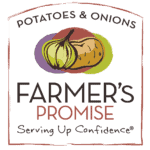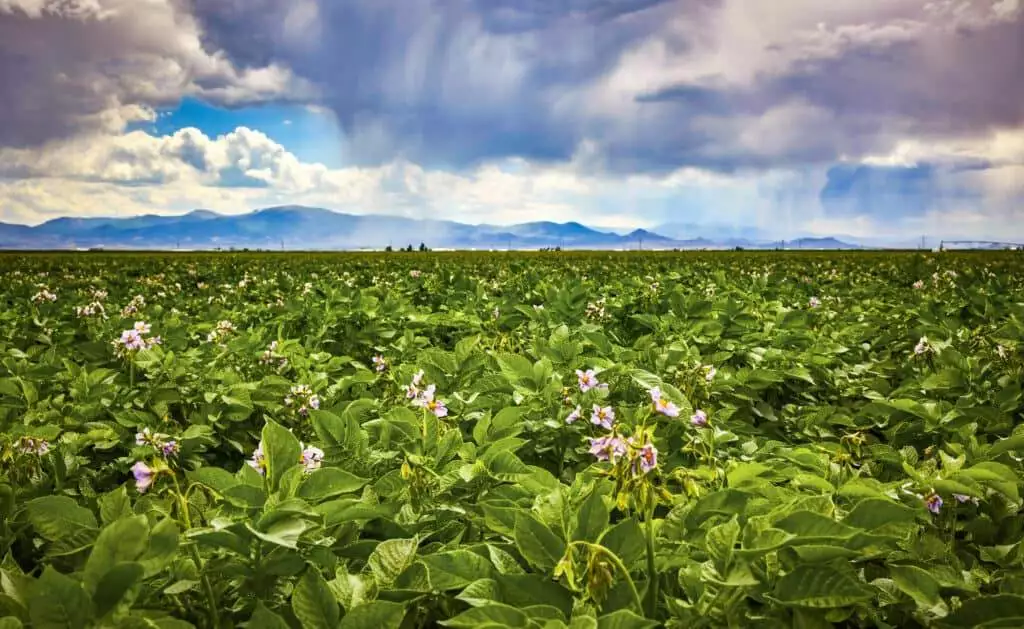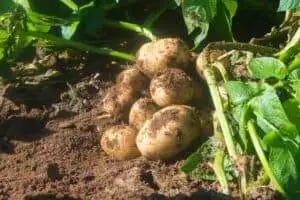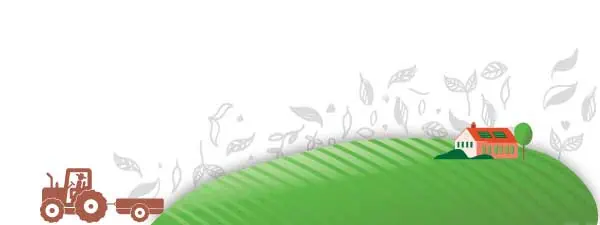In a world increasingly focused on environmental sustainability and responsible stewardship of resources, the agricultural industry plays a crucial role. Farmers Promise, a leading advocate for sustainable farming practices, delves into various aspects of sustainability on their website. Let’s delve into some of the key talking points they present:
A Crop of Efficiency
Potatoes are champions of efficiency when it comes to resource use. Unlike some other crops that require vast amounts of water, fertilizer, and land, potatoes are relatively low-maintenance. They thrive in a variety of climates and soil types, requiring minimal inputs to grow successfully. This means fewer resources are expended in their cultivation compared to many other staple crops.
Minimal Environmental Impact
Potato farming typically has a lower environmental impact compared to other agricultural practices. The crop’s shallow root system and quick growth help prevent soil erosion, preserving valuable topsoil. Additionally, potatoes have a relatively low carbon footprint, especially when compared to livestock farming. Choosing potatoes over meat as a dietary staple can significantly reduce one’s ecological footprint.
Versatility and Nutritional Value
One of the most compelling arguments for potatoes as a sustainable produce choice is their versatility. From mashed potatoes to roasted potatoes, french fries to potato salad, this vegetable can be incorporated into countless dishes, making it a staple in cuisines worldwide. Its adaptability means it can be grown and enjoyed locally in many regions, reducing the need for long-distance transportation and associated carbon emissions.
Furthermore, potatoes are packed with essential nutrients, including vitamin C, potassium, and fiber. They provide an affordable and accessible source of nutrition for millions of people globally, particularly in regions where food security is a concern. By promoting potato consumption, we can support efforts to combat malnutrition and hunger while simultaneously reducing our environmental impact.
Waste Reduction Potential
Potatoes also offer opportunities for waste reduction. While most people are familiar with consuming the tuber itself, potato peels and scraps can also be repurposed in various ways. For instance, potato peels can be turned into nutritious snacks by baking or frying them. Additionally, potato scraps can be composted to create nutrient-rich soil for future crops, closing the loop in the food production cycle and reducing organic waste.
Potatoes are a sustainable produce choice for a multitude of reasons. Their efficient use of resources, minimal environmental impact, versatility, nutritional value, and waste reduction potential make them an excellent option for conscientious consumers. By incorporating more potatoes into our diets and supporting sustainable farming practices, we can contribute to a healthier planet for current and future generations.
Learn more about the specific efforts Farmer’s Promise is making to lessen our environmental impact here.










